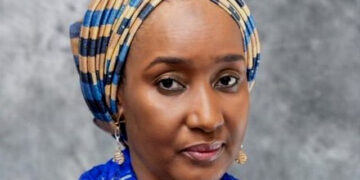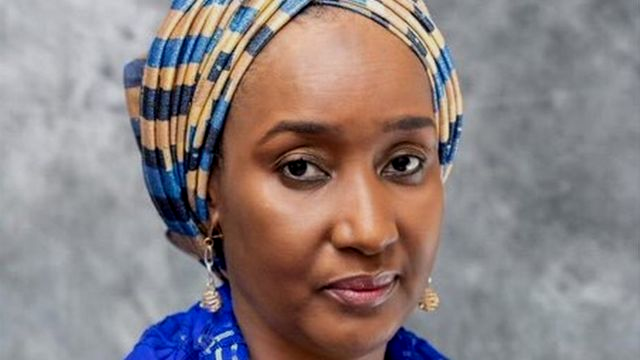The federal government yesterday warned that about 10 million Nigerian would slip below the poverty line by the end of 2021.
Minister of Humanitarian Affairs, Disaster Management and Social Development Sadiya Farouq gave the warning during the ministerial dialogue on the National Social Register (NSR) in Abuja.
Mrs. Farouq, who quoted statistics by the National Bureau of Statistics (NBS), said 82.9 million Nigerians were already living below the poverty line as of 2019.
She said: “In 2019, the National Bureau of Statistics estimated that 40.2% (equivalent to 82.9 million) Nigerians live below the poverty line on less than one dollar ninety cents (US$1.9), and another 10 million were expected to fall below the poverty line as a result of the socio-economic impact of COVID-19 by the end of the year.”
Farouq said the federal government, under the current administration, prioritised social protection (SP) interventions as a key strategy towards reducing poverty and addressing the effects of socio-economic vulnerabilities with two key instruments: the National Social Protection Policy (NSPP) – which is currently under review – and the joint FGN-IDA/World Bank National Social Safety-Nets Project (NASSP) – all initiated in 2016.
According to her: “The National Social Safety Net Project (NASSP) was set up to deliberately improve the lives of all vulnerable Nigerians. To implement the NASSP, the government established the National Social Safety Net Coordinating Office (NASSCO) to develop the building blocks and set the systems for implementing social safety nets in the country, as well as build the National Social Registry (NSR) – a hub for the aggregation of the databases of Poor and Vulnerable Households (PVHHs) across Nigeria.
“Out of the estimated 82.9 million (40.2 per cent) Nigerians living below the poverty line, we have identified and registered 26.8 million poor and vulnerable individuals, equivalent to about 6.3 million households in our country.
“We are expecting another 20 million to be added to the database and held in the Rapid Response Register – a shock responsive intervention register, specifically targeted at urban informal workers impacted by the current COVID-19 pandemic. This database capacity is unprecedented in the history of our dear country.
“Social registries serve both a social policy role, as inclusion systems and an operational role, as information systems. They provide a “gateway” for potential inclusion of intended populations into social programs while reducing private and public transactions costs by simplifying certain steps, such as identification and registration of people eligible for social assistance.”




































